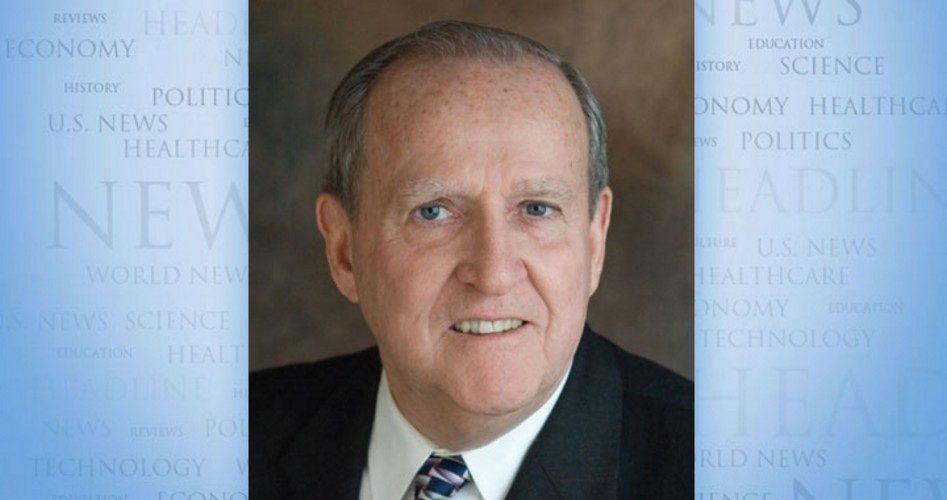
On February 10, Delaware Governor Jack Markell signed a resolution containing a formal apology for his state’s role in the practice of slavery. Terming the odious practice an “egregious sin,” he stated, “A candid acknowledgement and acceptance of our past is the only way to understand our present and to take full responsibility for our future.”
In our country, which of course includes Delaware, slavery was abolished in 1865 with the 13th Amendment to the U.S. Constitution. The practice has not existed in America for 150 years, meaning that no one in Delaware today, including the members of the state’s legislature who initiated the resolution, had any part in it.
When considering the existence of slavery in the United States, the far more sensible course would be to celebrate the fact that our nation did away with slavery. This is what Markell and Delaware’s elected officials should have done. And they should be joined in such celebration by the governors and legislatures of eight other states where similar proclamations have been issued.
No one denies that slavery existed. But the slaves who arrived in America were forced into bondage by black African leaders, and then transported across the Atlantic in British ships. All of those African chieftains who sold their own people into slavery, plus all those ship owners and crew members who transported them from Africa, and all of the buyers and sellers of human beings in our country, are long in their graves. An apology from them would be appropriate, but it can’t be offered. Yet, any American living today has good reason to celebrate the end of slavery.
During the 1930s, Leonard Patterson, a black American, joined the U.S. Communist Party. He spent two years in the Soviet Union receiving instructions about how to destroy the country of his birth. But he came back to America, soon quit the Party, and later told a Senate Committee of his conclusions about this country in February 1960. A contrite Leonard Patterson stated in part:
I have travelled in Russia. I lived there almost two years. I went all over Russia and I saw how the people live there. I have also travelled practically all over this country of ours, both in the Communist Party and since I have been out of the Communist Party. And I have had a chance to make up my mind about which is the best system. I have seen how the so-called national minorities live in Russia, in the Crimea, Yalta, in the Ukraine, and different places. I was born in the South, in North Carolina, and I know how we live in this country, and I make this statement very brazenly as to the “paradise” in Russia: With all its shortcomings that we have in the United States, if you want to put it on a racial basis, or a Negro basis, we American Negroes are better off, not only than minorities in Russia, but the so-called Great Russians themselves. I wouldn’t say there wasn’t room for improvement, but if you take it as a whole, we have the highest standard of living, we are better educated, we have more wealth distributed among us, and I defy anyone to deny it.
That was 1960. Blacks in America today, many of whom are probably descendants of slaves, enjoy a better life than many black Africans residing in Africa. And, according to the testimony of Mr. Patterson, black American were better off than the elite who lived in Communist-controlled areas.
Mr. Patterson and many other patriotic black Americans didn’t ask fellow Americans to apologize. He spent many of his later years warning them about Communist efforts to destroy our great nation. Having known this remarkable man, I know that he would agree that a celebration by Americans for having done away with slavery is called for, not any apology for the sins of more than a century in the past.
John F. McManus is president emeritus of The John Birch Society. This column appeared originally at the insideJBS blog and is reprinted here with permission.


